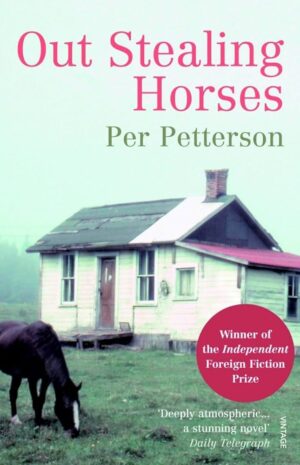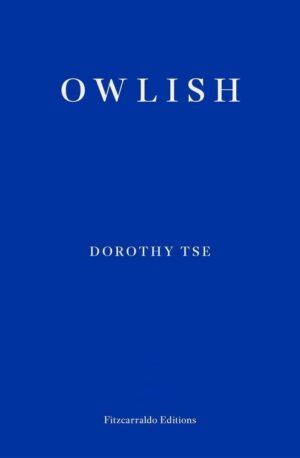
Review by Julie
Kairos
Fatal Attraction
A coincidental meeting on an East Berlin bus changes the life of 19 year-old Katharina forever. Across the steamy bus, she catches the eye of Hans, a married author and journalist 34 years her senior. They start an intense clandestine affair, but as passion turns to obsession, the relationship descends into something dark and unescapable. In Karios by Jenny Erpenbeck, one of Germany’s literary superstars, their psychological drama is played out in parallel with the political drama of the fall of the Berlin wall.













